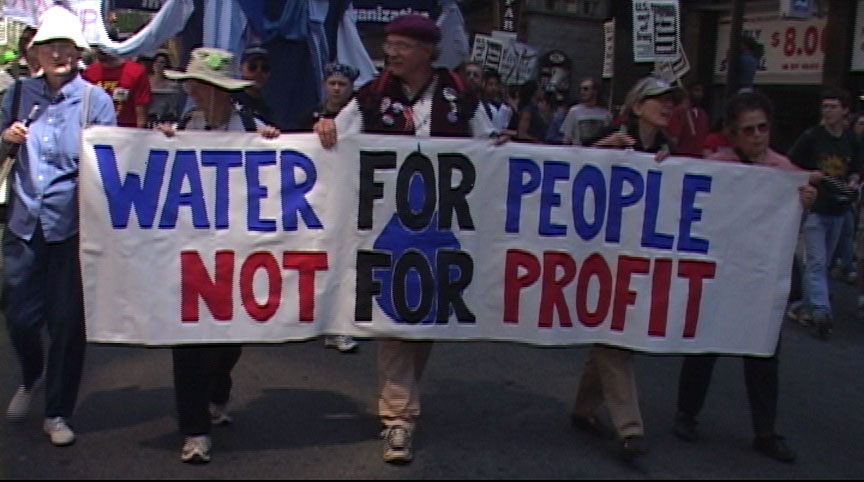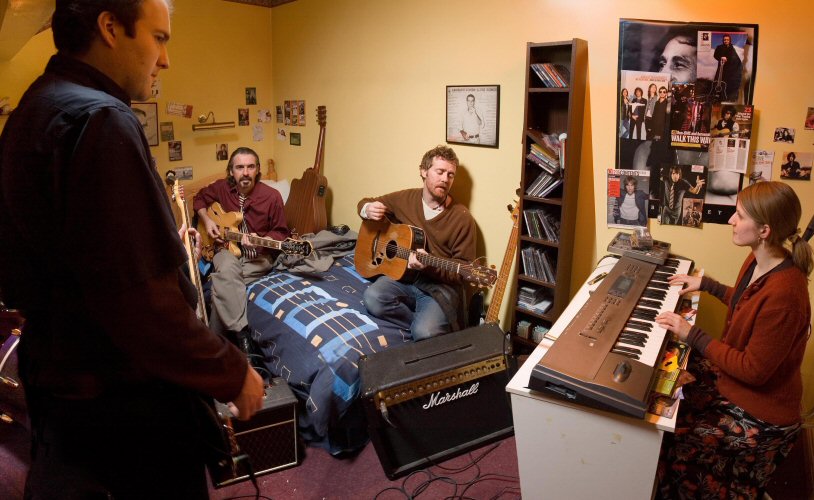Toward the end of the first class of Legal Ethics with Professor Knight, we each had to finish this sentence for ourselves: I expect to be satisfied professionally, in my work as an attorney, when…
“I hope I’m not satisfied too easily, because feeling unsatisfied keeps me motivated. (I know, that doesn’t complete the sentence strictly speaking, but work with me.) Also, I’m not that into retirement because I want my work to feel like something I actually like doing, so that I won’t want to retire.”
The retirement bit, now having had time to reflect on my thinking-out-loud response, seems simplistic. Let me explain. I’m interested in the law for the sake of social impact—crafting a better world according to my admittedly subjective view of better. In a perfectly crafted world, there would be none of that work to do and I’d finally get around being a rockstar, which is really the work from which I’d never want to retire. While law can be fun, challenging, lucrative, honorable, or the respective opposites, I’m into law for the times when it is effective in crafting a better beer, I mean, world.
 3L year brings with it the distinct possibility of having to deal with post-law school life. Back in undergrad, I couldn’t find myself in the sample job descriptions on the pages of binders I pulled off shelves in the career counseling office. Those suggested roles to play in society couldn’t compete with the rush of performing in a band over the previous few years. I treasure my engineering versus music dilemma of old (spoiler alert: music won), because it taught me about careers and campaigns. Engineering represented a career that I wouldn’t have hated and would have sometimes enjoyed. By career, I mean that it would have made money to be used outside of my career, in everyday life, doing the things I’d rather have been doing. Music represented a campaign in which we treated shows as rallies for social awareness—confronting violence against women, promoting ethical food production, handing out copies of Eyes of the Heart and The Uses of Haiti. Having a career seemed OK and reasonable, not that I would have known from experience. Having a campaign was energizing and unpredictable.
3L year brings with it the distinct possibility of having to deal with post-law school life. Back in undergrad, I couldn’t find myself in the sample job descriptions on the pages of binders I pulled off shelves in the career counseling office. Those suggested roles to play in society couldn’t compete with the rush of performing in a band over the previous few years. I treasure my engineering versus music dilemma of old (spoiler alert: music won), because it taught me about careers and campaigns. Engineering represented a career that I wouldn’t have hated and would have sometimes enjoyed. By career, I mean that it would have made money to be used outside of my career, in everyday life, doing the things I’d rather have been doing. Music represented a campaign in which we treated shows as rallies for social awareness—confronting violence against women, promoting ethical food production, handing out copies of Eyes of the Heart and The Uses of Haiti. Having a career seemed OK and reasonable, not that I would have known from experience. Having a campaign was energizing and unpredictable.
I wanted music to be more than it could be in terms of social impact, though. For myself, however much I might like music, it is secondary to how much I like effectiveness. As I wrote about law in my last post, “the US is organized such that good ideas can only float around in the ether and get us revved up for some loosely articulated future until the idea is fixed in place by some legal underpinning, at which point that idea can begin to shape our living environment.” If I get to the point of effective social impact by shaping our living environment through law, please, let me not retire.
 My next step is to get rigorous training in affordable housing transactions in a mission driven environment. The mission part is key. I want to graduate into a campaign, like the campaign to end homelessness in Massachusetts, which I wrote about for the Rappaport Briefing after my summer as a Rappaport Fellow. Or like the campaign of the Innocence Project, exonerating wrongfully convicted persons so they can rebuild the lives stolen from them. Or like the campaign in Flow, collecting voices that are speaking out against the privatization of common resources. Or like the campaign in Once, recording songs in a sleepless weekend that give people the emotional journey they’ve been waiting to take. I bet you’ve got a campaign in you, what is it?
My next step is to get rigorous training in affordable housing transactions in a mission driven environment. The mission part is key. I want to graduate into a campaign, like the campaign to end homelessness in Massachusetts, which I wrote about for the Rappaport Briefing after my summer as a Rappaport Fellow. Or like the campaign of the Innocence Project, exonerating wrongfully convicted persons so they can rebuild the lives stolen from them. Or like the campaign in Flow, collecting voices that are speaking out against the privatization of common resources. Or like the campaign in Once, recording songs in a sleepless weekend that give people the emotional journey they’ve been waiting to take. I bet you’ve got a campaign in you, what is it?

